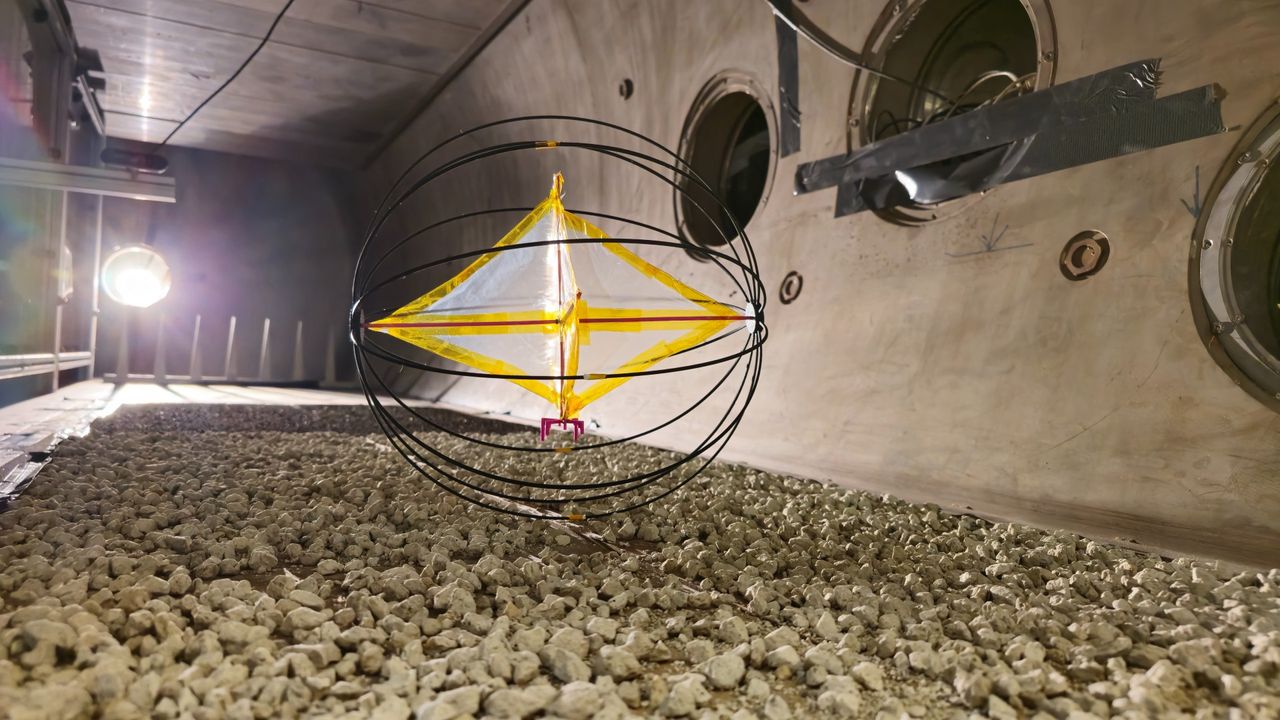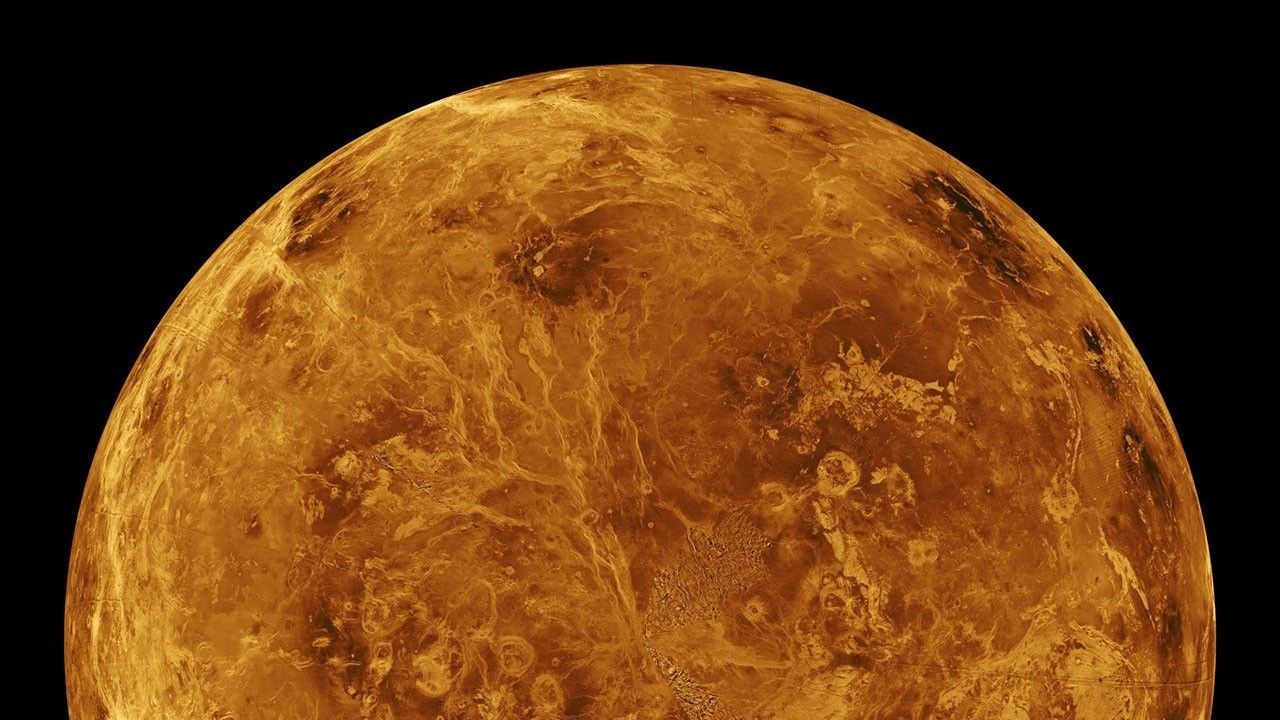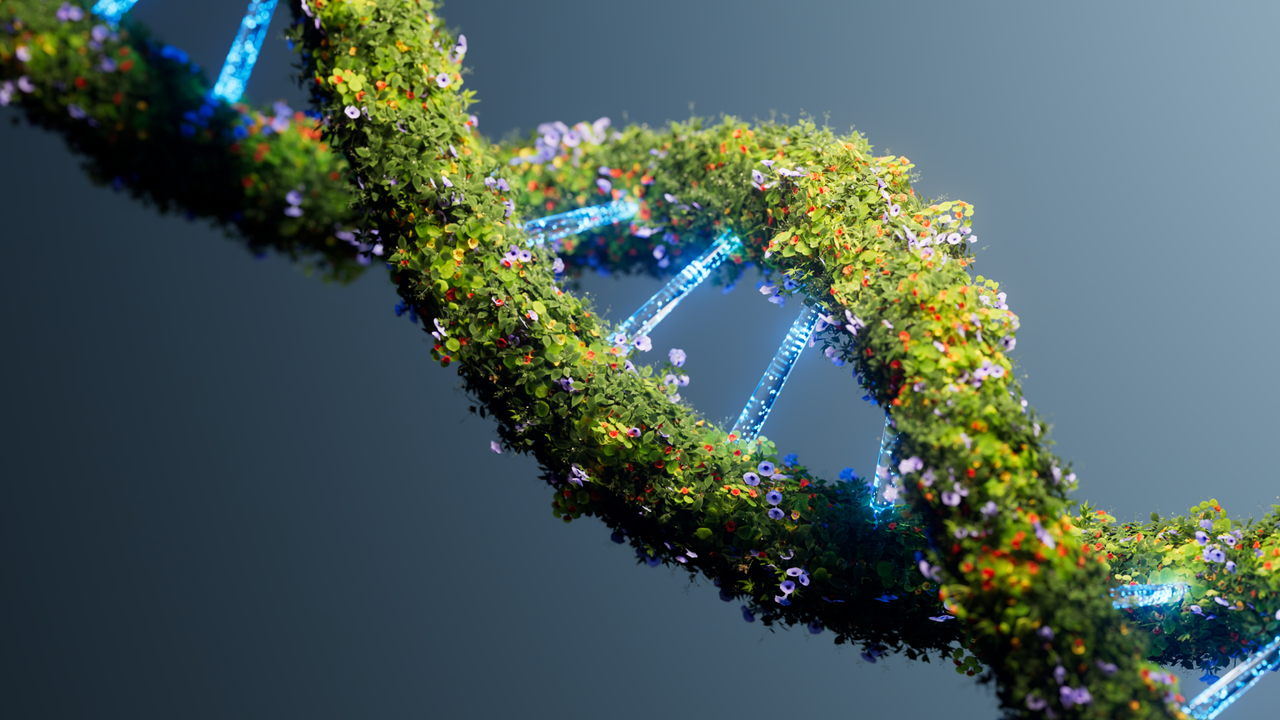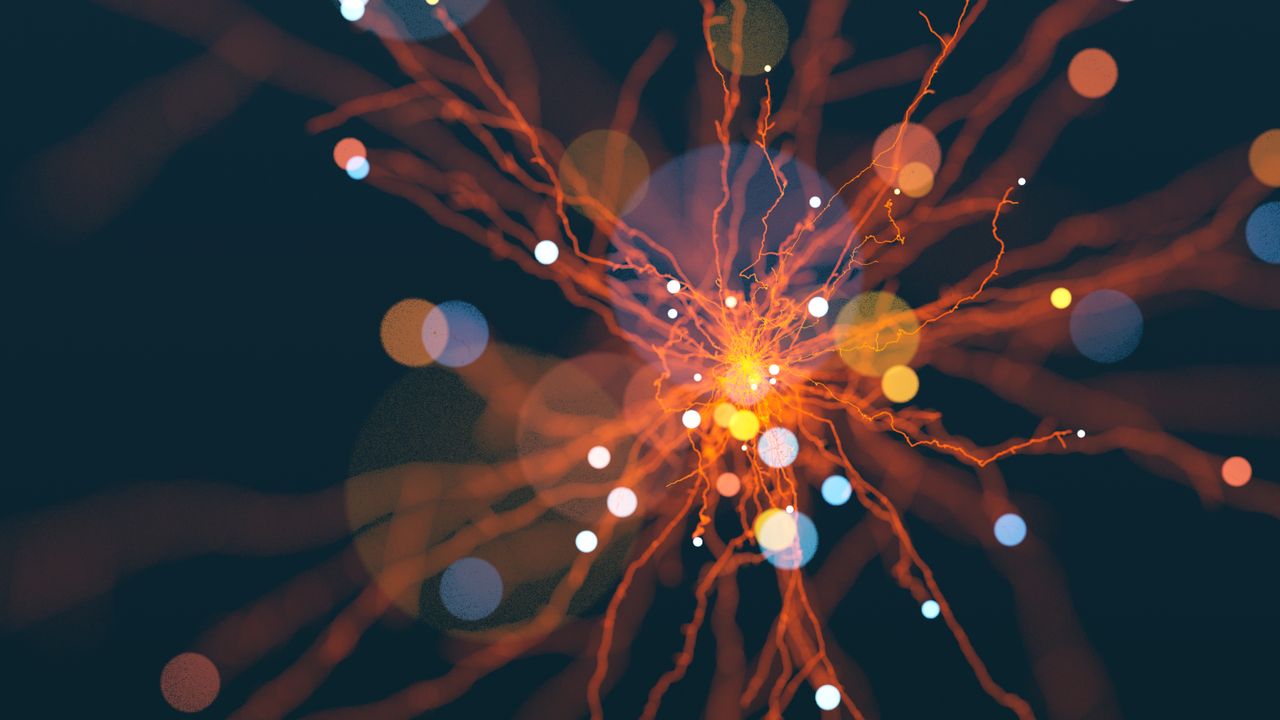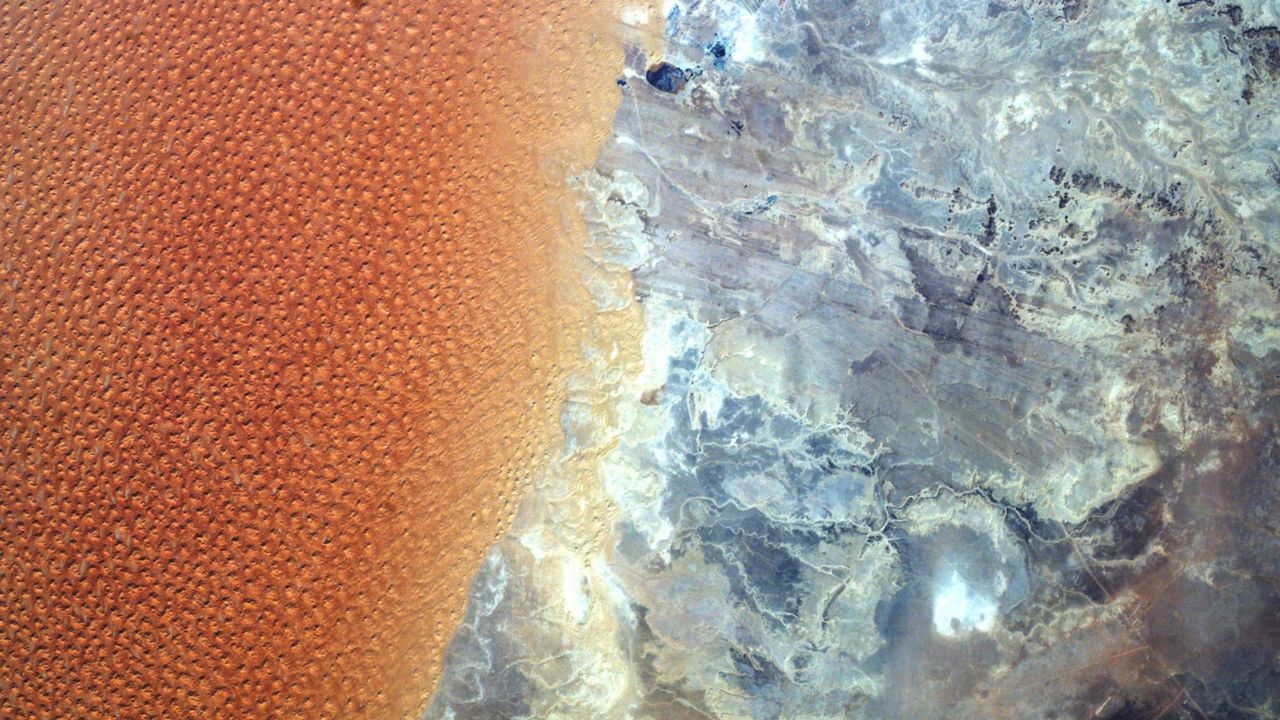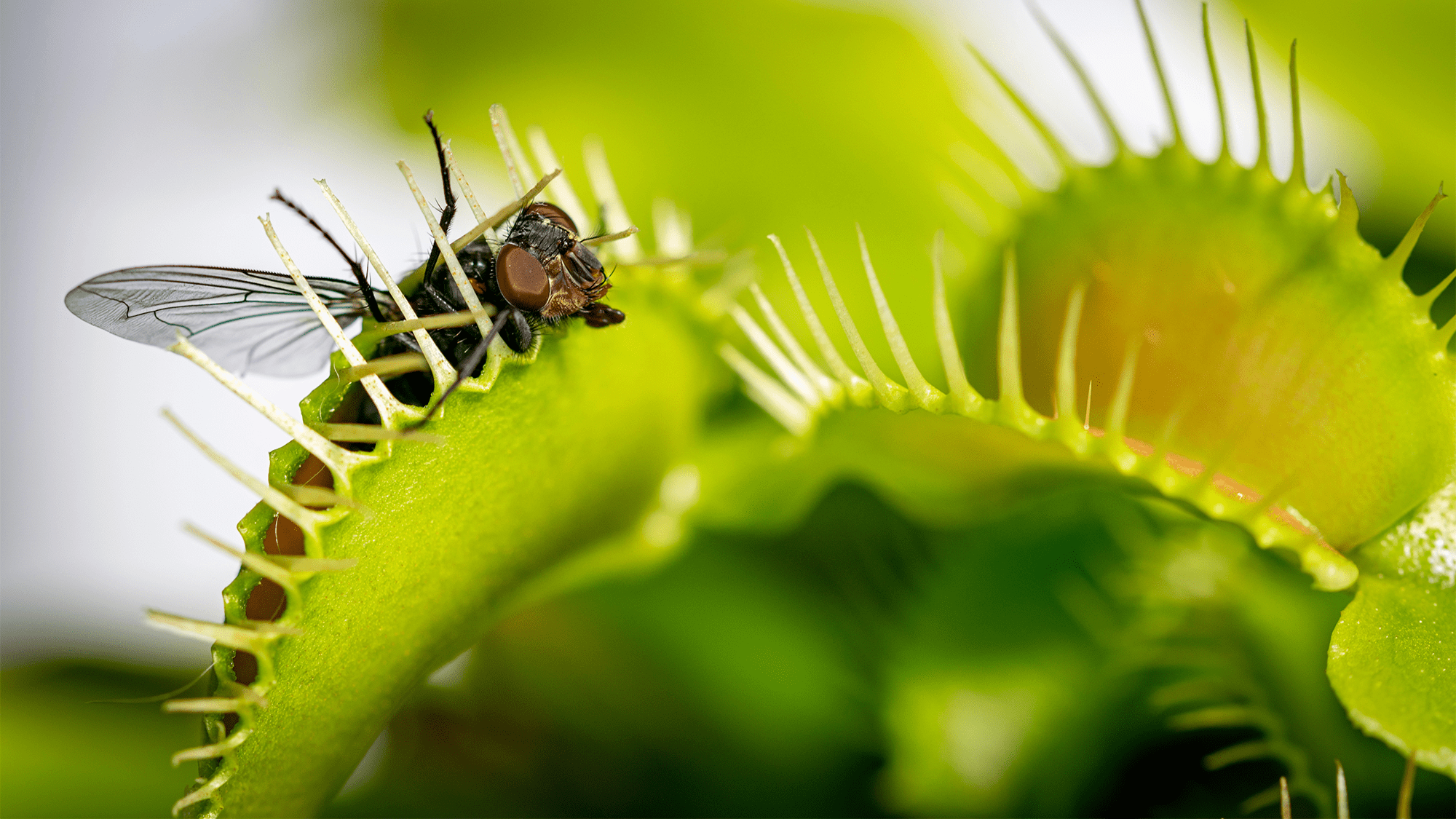Is there such a thing as a ‘problem shark’? Plan to catch repeat biters divides scientists
NeutralScience

The debate over whether certain sharks are responsible for a higher number of attacks is heating up among scientists. Some experts argue that specific sharks may be repeat offenders, leading to discussions about whether these creatures should be hunted. This conversation is crucial as it touches on public safety, conservation efforts, and the complex relationship between humans and wildlife. Understanding the behavior of these sharks could help prevent future incidents while also ensuring the protection of marine ecosystems.
— Curated by the World Pulse Now AI Editorial System
